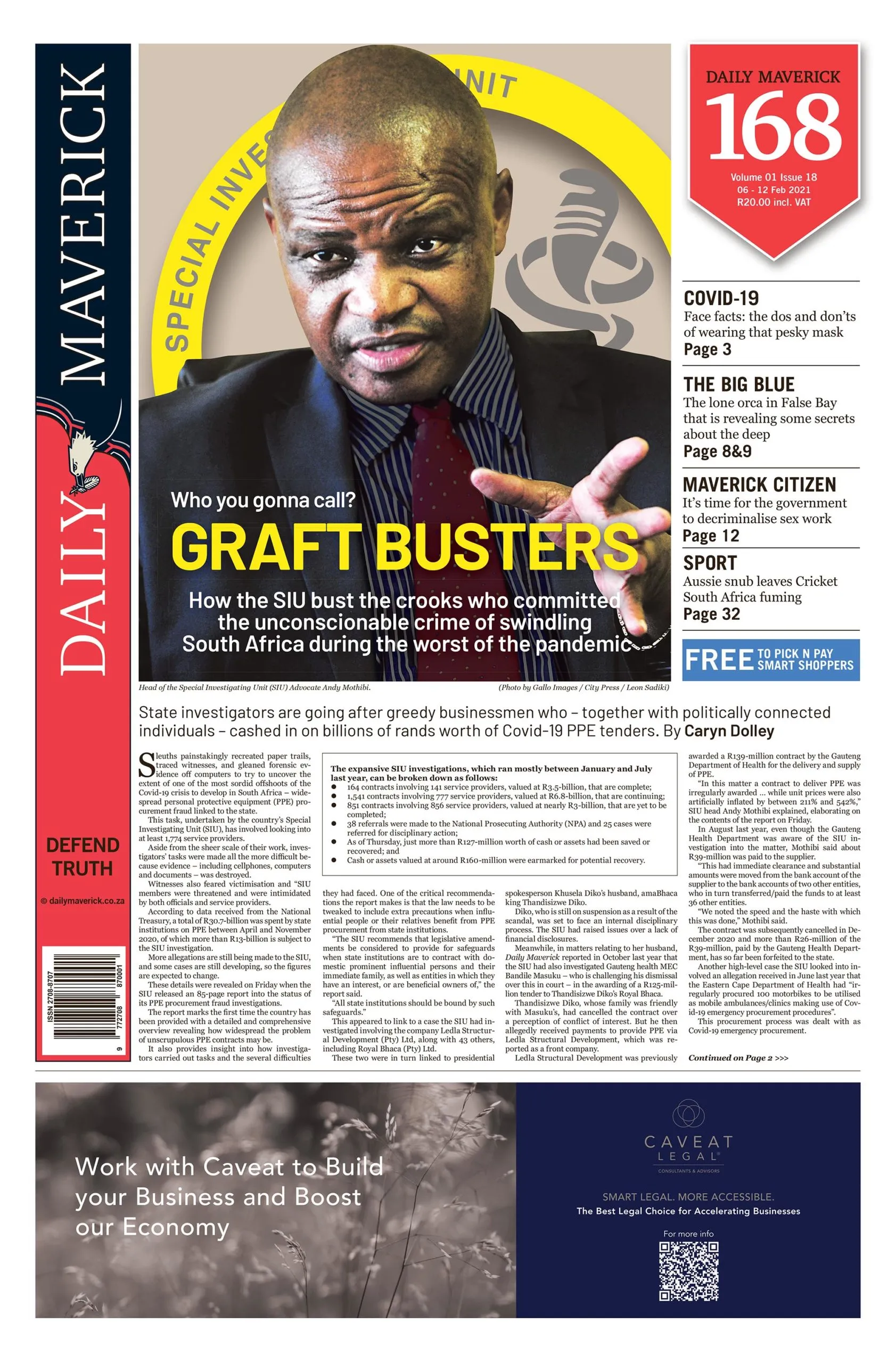First published in the Daily Maverick 168 weekly newspaper.
Beyond our small team, we are supported by the 80-odd people in the greater Daily Maverick family. Beyond them, we are supported by Branko and Styli, the Daily Maverick founders, who share a common concern for the emotional and physical wellbeing of every one of us. It’s a burden, but it’s one they have embraced with compassion. I have come to realise that this cannot be taken for granted. Certainly, Daily Maverick is not alone. SA has some visionary companies where leadership has taken the responsibility for the wellbeing of employees to heart, but these are the exceptions.
All of us – and I mean all of us from kids to grandmothers and workers in between – are being buffeted by stresses and strains that are unprecedented in human history. And to work in an organisation where the leadership takes it upon itself to shield us from some of those stresses is remarkable.
Stress is not new. I know that. Scientists have been trying to understand the impact of stress on our bodies for decades. But there is something about the current stress that we are all living with that is different, and I for one have struggled to understand the difference.
There was a point towards the end of last year when at random intervals I would cry, for no apparent reason. I had a firm word with myself and told myself to just get on with it. But then 2021 arrived and I couldn’t shake a feeling of generalised anxiety and negativity.
Again I couldn’t make sense of it. But then I read Richard Sutton’s excellent book Stressproof, the follow-on to The Stress Code, and the penny started to drop.
The combination of work pressures, social isolation, an overwhelming uncertainty about the future, concern about the health of people near and dear to me, frustration at unfairness and injustice in the system and anger at my inability to control my “world” were enough to create a state of generalised anxiety.
According to Sutton you can add job and financial insecurity, relationship conflict, grief, feeling unappreciated and undervalued to the list of pressures people are dealing with and the impact can be devastating.
Our body is not designed to withstand exposure to what amounts to about 12 different stresses on a sustained basis. The hormones we produce in stressful situations are designed to support the body in the short term. But exposure over months or years to cortisol, for instance, can be immensely harmful.
Without getting too technical, it is believed to be a contributor to the rise in diseases like cancer and other immune-mediated inflammatory diseases such as asthma and sinusitis. Autoimmune disorders like Hashimoto’s disease and rheumatoid arthritis were once the exception, but are now the norm. In addition, Sutton points out that these stress hormones can affect the brain, resulting in the reduced size and function of at least seven areas of the brain.
These are responsible for cognition, self-awareness, self-control, motivation and co-ordination. In addition, lower brain volume is linked to anxiety, depression and cognitive decline.
It’s easy to see that what has previously been viewed as a personal problem is a massive problem for companies worldwide. If you are depressed or anxious, productivity can decline by 30% or more – that can amount to three months of non-performance in a year!
But there are steps one can take – both as individuals and as leaders – to mitigate the impact of stress.
Sutton discusses, in some detail, the four steps that we as individuals can take to manage our stress. All of them are within our grasp, and all have a chemical impact on our bodies. But it is the fourth that caught my attention, because if we are going to work from home, in semi-isolation, then it’s an important one to understand.
Human interaction and connectivity release a chemical molecule called oxytocin. It packs a punch: it helps lower cortisol, the heart rate and blood pressure; it has anti-inflammatory actions and antioxidant effects and increases the production of serotonin as well as molecules that build both the brain and body.
Moreover, it promotes self-worth, confidence, fearlessness, optimism, a sense of calm, generosity, connectedness and empathy towards others. How do we release it? Through connection, touch, compassion and warmth. But what do we do when we are stressed, lonely or sad? We withdraw from society. Working from home can compound the problem.
There is no doubt that the corrosion of human health, especially mental wellbeing and sweeping disconnection, threatens business, the global economy and the very social fabric of our existence. We can each play a small role in our own networks to change this.
Corporate leadership has a role to play too. By shielding employees from chronic stress – for example by strengthening support networks – leaders can reduce the prevalence of mental and physical health compromise brought on by fears, distrust, insecurities and conflicts. Daily Maverick is a high-intensity work environment, but I believe that we are learning to share more and to manage stress better, with the result that we work in an environment where productivity increases, innovation grows and creativity blossoms. DM168
This story first appeared in our weekly Daily Maverick 168 newspaper which is available for free to Pick n Pay Smart Shoppers at these Pick n Pay stores.

















 Become an Insider
Become an Insider
Comments - Please login in order to comment.